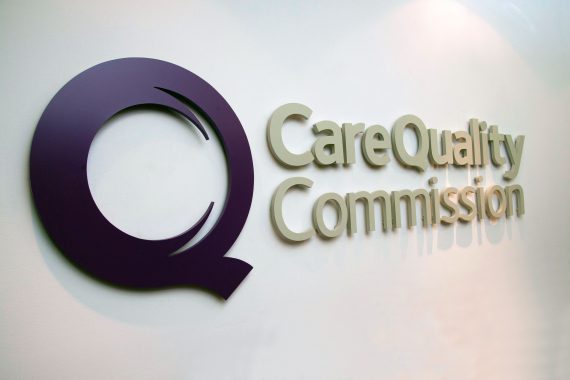Majority of practices could be inspected just every five years, suggests Field

Exclusive GP practices which are rated ‘good’ or ‘outstanding’ by the CQC could be inspected less frequently, the regulator’s chief inspector of general practice Professor Field has suggested.
In an interview with Pulse, Professor Field says he will be consulting with practices on the regularity of inspections, and that the better rated practices may not need to be inspected for three to five years after initial inspection.
Under the previous regime, it was intended for all practices to be inspected every two years. But, if Professor Field’s suggestions are implemented, then ‘good’ practices – which make up the majority – will be inspected less frequently.
Professor Field added that there would be no major changes brought in until all practices are inspected at least once, but that he wanted to ‘reduce the burden on practices as much as he can.’
He said he wants the CQC to work in partnership with providers – where practices are informing the regulator of ‘where they are at’ and providing ‘lots of information which will reduce the need to inspect.’
The comments back up previous suggestions made by Professor Field – where he suggested that the CQC needed to move to a ‘more lighter touch of regulation’ – in a move which could see the CQC to plug more resources into practices which ‘aren’t as good’.
But Professor Field also indicated that there would be no major change to GP inspections before all practices have been rated once. The CQC had been planning to inspect all practices by September 2016, but there have been suggestions this target would not be met.
Professor Field said: ‘There are others ways of predicting when practices go wrong, we monitor complaints, and under the Duty of Candour rule practices have to report to us issues. We listen to CCGs, Healthwatch, we monitor the data through intelligent monitoring, which monitoring and prediction have proved behind the scenes very good.
‘If you have put all that together, the question is what’s the frequency of re-inspection – the answer is probably somewhere between three and five years for practices which are rated good or outstanding. My gut feeling is you’ll go into outstanding practices less frequently than good – and less frequently than require improvement and inadequate.’
He went on to add that he will be consulting on the regularity of re-inspecting good practices.
‘We will be consulting and working with the profession to see whether that is where we move to – because I want to reduce the burden on practices as much as I possibly can,’ he said.
Pulse July survey
Take our July 2025 survey to potentially win £1.000 worth of tokens











